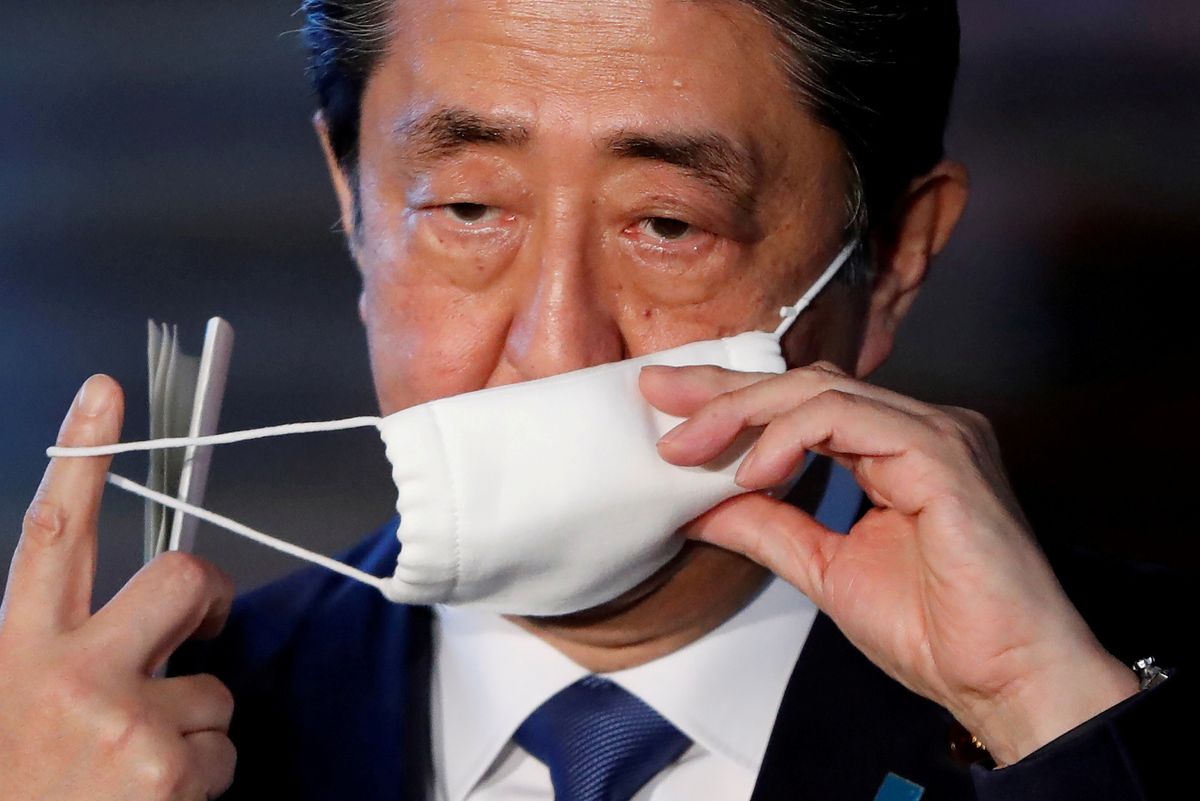China and Australia's coronavirus beef – The coronavirus crisis has exposed rifts between China and Australia, longstanding trade partners. For weeks, Australian Prime Minister Scott Morrison has called for an international investigation into the origins and handling of COVID-19. His insinuation that China has something to hide sparked a firm response from Beijing, Australia's largest trading partner, with China threatening to slap tariffs on billions of dollars worth of Australian agricultural exports. Amid the war of words, China has already suspended purchases of red meat from several Australian abattoirs, sending agriculture industry leaders into a panic as China accounts for some 20 percent of all beef produced in Australia. The Australian government, which has long enjoyed a trade surplus with China, says it doesn't want a trade war with Beijing and hopes to deescalate the situation. China, meanwhile, responded with a statement that says, "mutual respect should be the basis for the development of good relations," before threatening Australia with additional tariffs.
The EU looks to open for tourism – As the summer tourism season approaches, the European Commission is urging EU states to carefully loosen coronavirus-related travel restrictions. Tourism is big business in Europe, accounting for about 10% of the bloc's overall GDP, with many countries more dependent than that: 13 percent of Italy's economy and 14 percent of Spain's depend on tourists. Fully, a fifth of Greece's GDP and a quarter of Croatia's depend on holiday-makers. Some EU countries have already begun selectively reopening their borders. Austria, where tourists contribute to 15 percent of GDP, is looking to reopen crossings with Germany and the Czech Republic in the coming days, while Germany will relax recent controls with France, Austria, and Switzerland. The three Baltic states (Latvia, Lithuania, and Estonia) are creating a "travel bubble" of their own starting on 15 May. Looking further afield, the union's external borders are to stay shut until at least mid-June. But opening borders is one thing, changing minds is another. Even if people can travel again, how long will it take for them to do so in large numbers? Masked bargain-hunters now is your moment.







